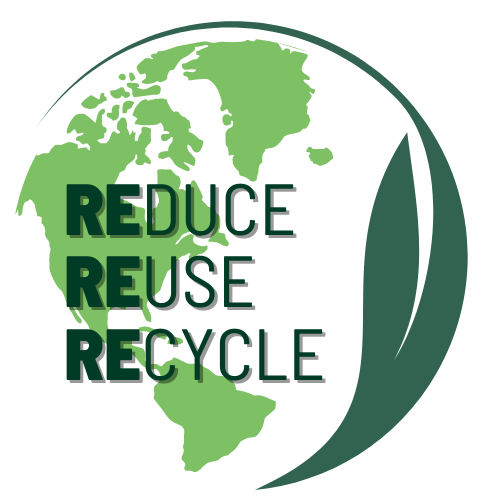Micro-plastic ingestion by waterbirds from contaminated wetlands in South Africa
Micro-plastic ingestion by waterbirds from contaminated wetlands in South Africa
Chevonne Reynolds, Peter G. Ryan,
Marine Pollution Bulletin, Volume 126, 2018, Pages 330-333, ISSN 0025-326X,
Abstract:
Despite a large literature on the impacts of micro-plastic pollution in marine ecosystems, very little research has focused on
these pollutants in freshwater ecosystems. Recently, however, a few studies have demonstrated that micro-plastic pollutants are ingested by
freshwater taxa, including birds. To explore this potential environmental threat in African freshwater systems we quantified
micro-plastic pollutants in the faeces and feather brushings of seven southern African duck species.
We analysed 283 faecal samples and 408 feather brushings, and found that 5% of faecal samples and 10% of feather samples contained micro-plastic fibres. The presence and abundance of micro-fibres differed between sampling sites, with significantly higher amounts recorded for the site that received effluent from a sewage treatment facility. Additionally, micro-fibrepresence differed across duck species, indicating that foraging behaviour affects plastic ingestion. Our study confirms that African freshwater ecosystems and the biodiversity they support are under threat from micro-plastic contamination.
https://www.sciencedirect.com/science/article/pii/S0025326X17309773/pdfft?md5=22349905c39abfd10049e1654cf4bc5d&pid=1-s2.0-S0025326X17309773-main.pdf
https://doi.org/10.1016/j.marpolbul.2017.11.021.(http://www.sciencedirect.com/science/article/pii/S0025326X17309773)




